Alright, listen up—today, we’re diving into something that’s going to shake up how you view global supply chains. We’re talking about Bitcoin, but not in the way you’re used to. Forget about the hype, the speculation, or the get-rich-quick schemes. We’re talking about how Bitcoin can seriously improve transparency in global supply chains, and I’m going to break this down in a way you’ve never heard before.
Why Does This Matter?
You might be sitting there wondering, “Why should I care about transparency in supply chains?” Here’s why—because transparency is the key to everything in business today. We live in a world where consumers, investors, and even governments are demanding to know where products come from, how they’re made, and whether the process is ethical.
The cold, hard reality? Most companies can’t give you a straight answer. They’re lost in a labyrinth of middlemen, shady practices, and outdated systems. That’s where Bitcoin steps in, and this is where you start paying attention.
The Problem with Traditional Supply Chains
Traditional supply chains are a mess, plain and simple. They’re opaque, inefficient, and ripe for exploitation. Imagine this: A product travels across multiple borders, exchanges hands dozens of times, and at each step, there’s room for error, fraud, or even corruption. By the time it reaches the consumer, who really knows what went down behind the scenes?
Now, if you’re a business owner, this should piss you off because it means you’re potentially overpaying for goods or, worse, being complicit in unethical practices without even knowing it. And as a consumer, it means you might be buying something that’s not what it claims to be—whether that’s mislabeled organic produce or a “sustainably sourced” product that’s anything but.
Enter Bitcoin: The Game-Changer
So how does Bitcoin fit into all of this? The magic isn’t in the currency itself, but in the blockchain technology that powers it. Blockchain is a decentralized ledger—fancy talk for a system where every transaction is recorded on a public, unchangeable database. It’s transparent, secure, and, most importantly, trustless. In a world full of people and companies you can’t always trust, this is a big deal.
Here’s the kicker—every single transaction or movement of goods can be recorded on the blockchain. From the moment raw materials are sourced to the second a product lands in your hands, there’s a record of it that anyone can verify. No more relying on shady intermediaries or crossing your fingers that what you’re being told is the truth. You’ve got the facts, right there on the blockchain.
Real-World Impact: Why This Matters to You
Let’s break this down into how it actually impacts you. Say you’re a business owner—you now have the ability to track every component of your product in real-time. This means you can ensure quality, reduce fraud, and even cut costs by eliminating unnecessary middlemen. But it doesn’t stop there. You can prove to your customers that you’re the real deal—that your products are as high-quality and ethical as you claim. This isn’t just good practice; it’s good business. Transparency builds trust, and trust builds brands.
And if you’re a consumer? You get the power back. You can scan a product and know where it came from, how it was made, and whether it meets your standards. No more wondering if the “fair trade” label is legit—you’ll know.
The Road Ahead: Challenges and Opportunities
Now, I’m not going to sit here and pretend that implementing Bitcoin and blockchain into supply chains is going to be a walk in the park. There are hurdles—technical, regulatory, and even cultural. But the potential is too massive to ignore. The companies that jump on this early are going to be the ones that dominate in the next decade.
So here’s the bottom line—Bitcoin isn’t just some speculative asset. It’s a tool—a powerful one that can bring transparency to a world that desperately needs it. Whether you’re a business owner looking to up your game or a consumer wanting more control, Bitcoin and blockchain are going to be key players in the future of supply chains.
Take this seriously, because this is where the world is heading, and if you’re not on board, you’re going to get left behind.
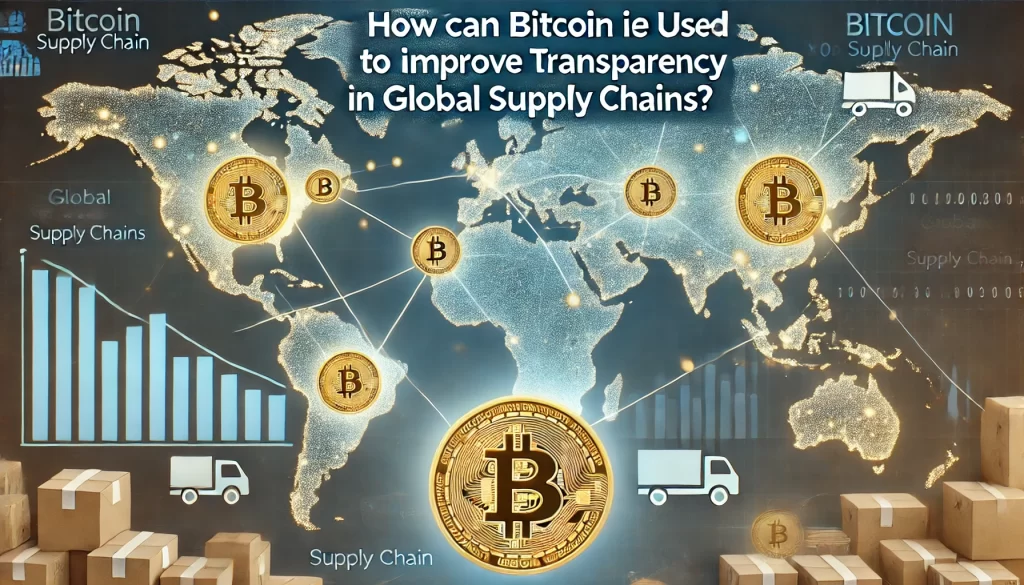

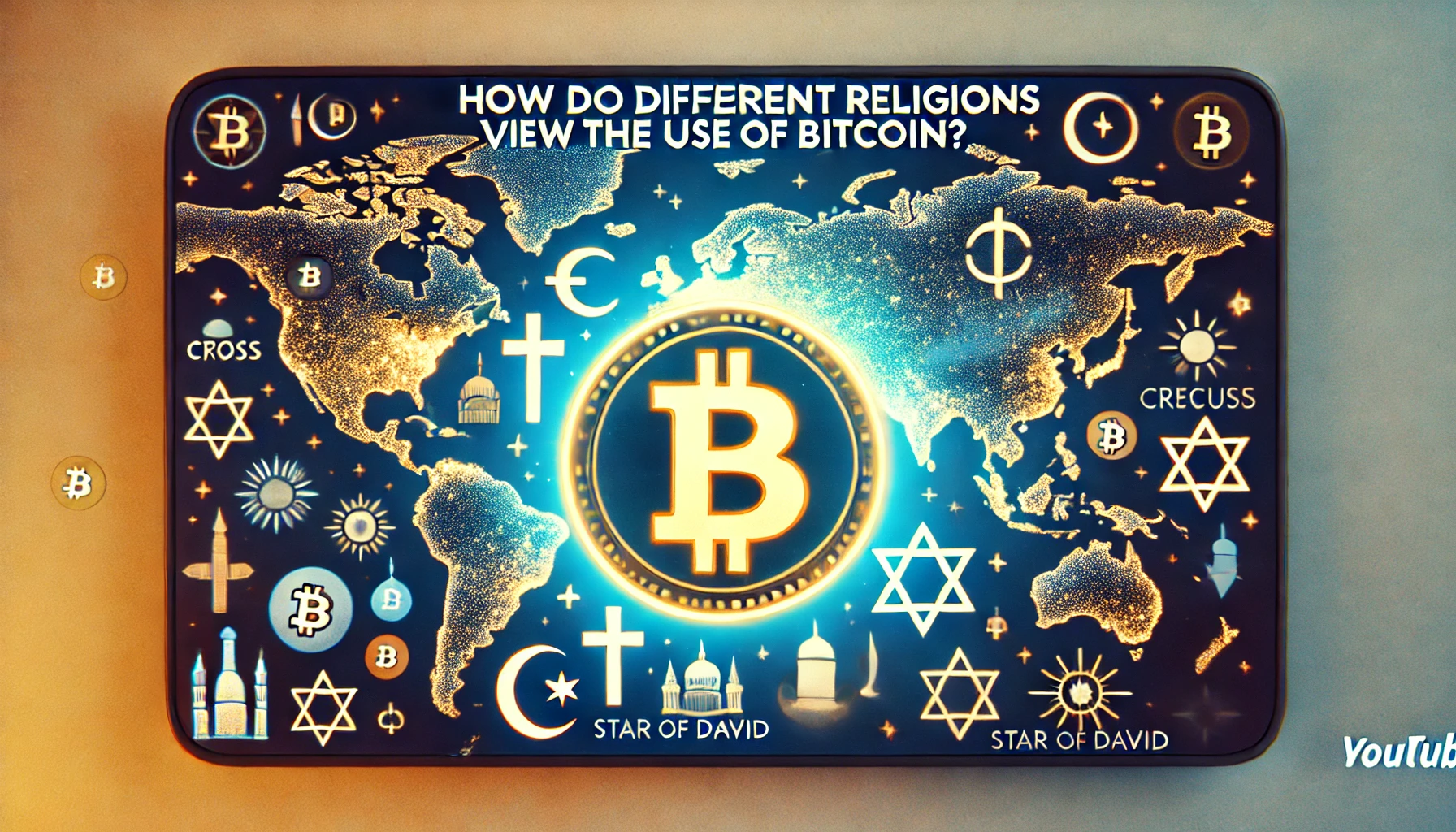
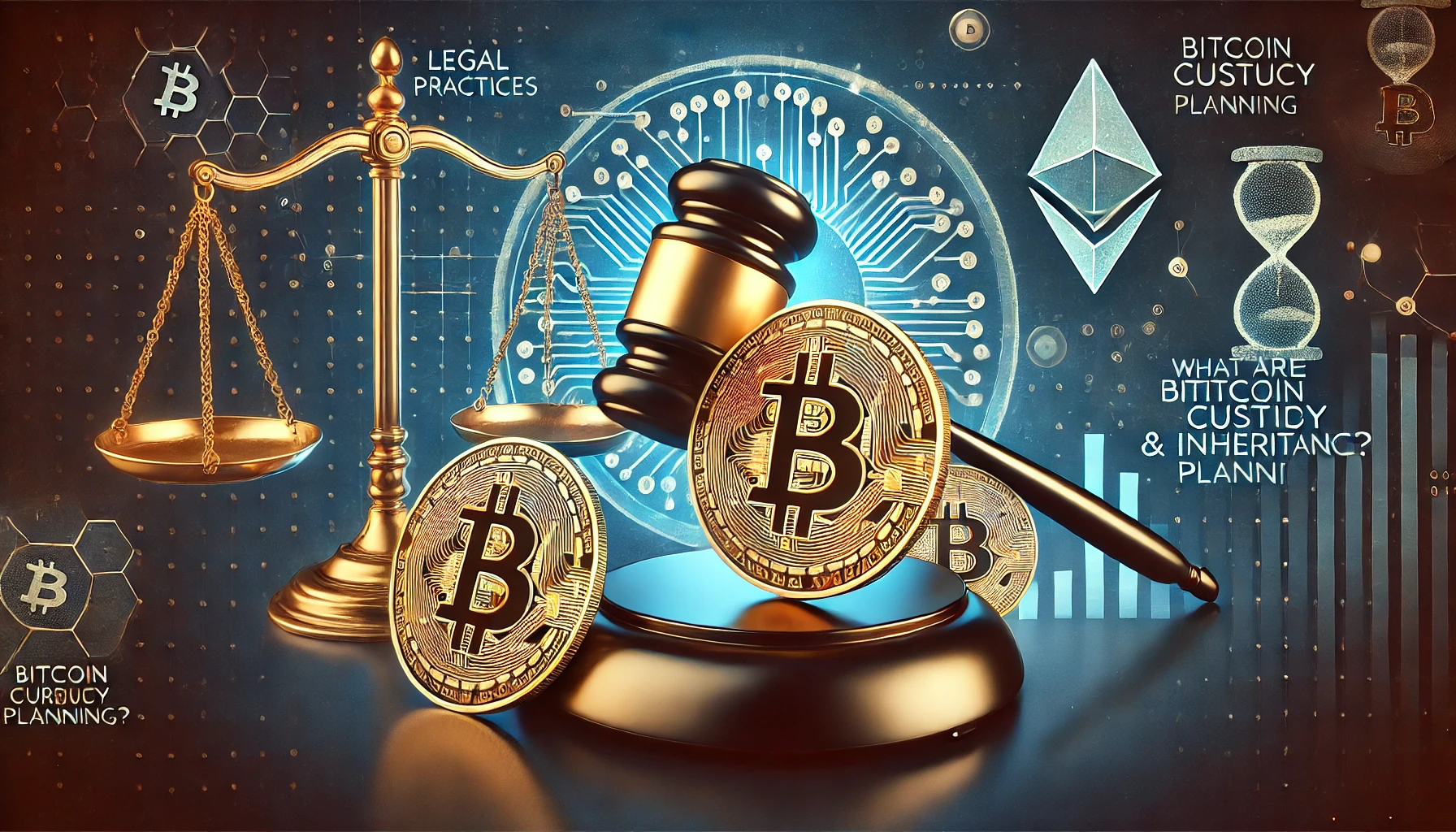
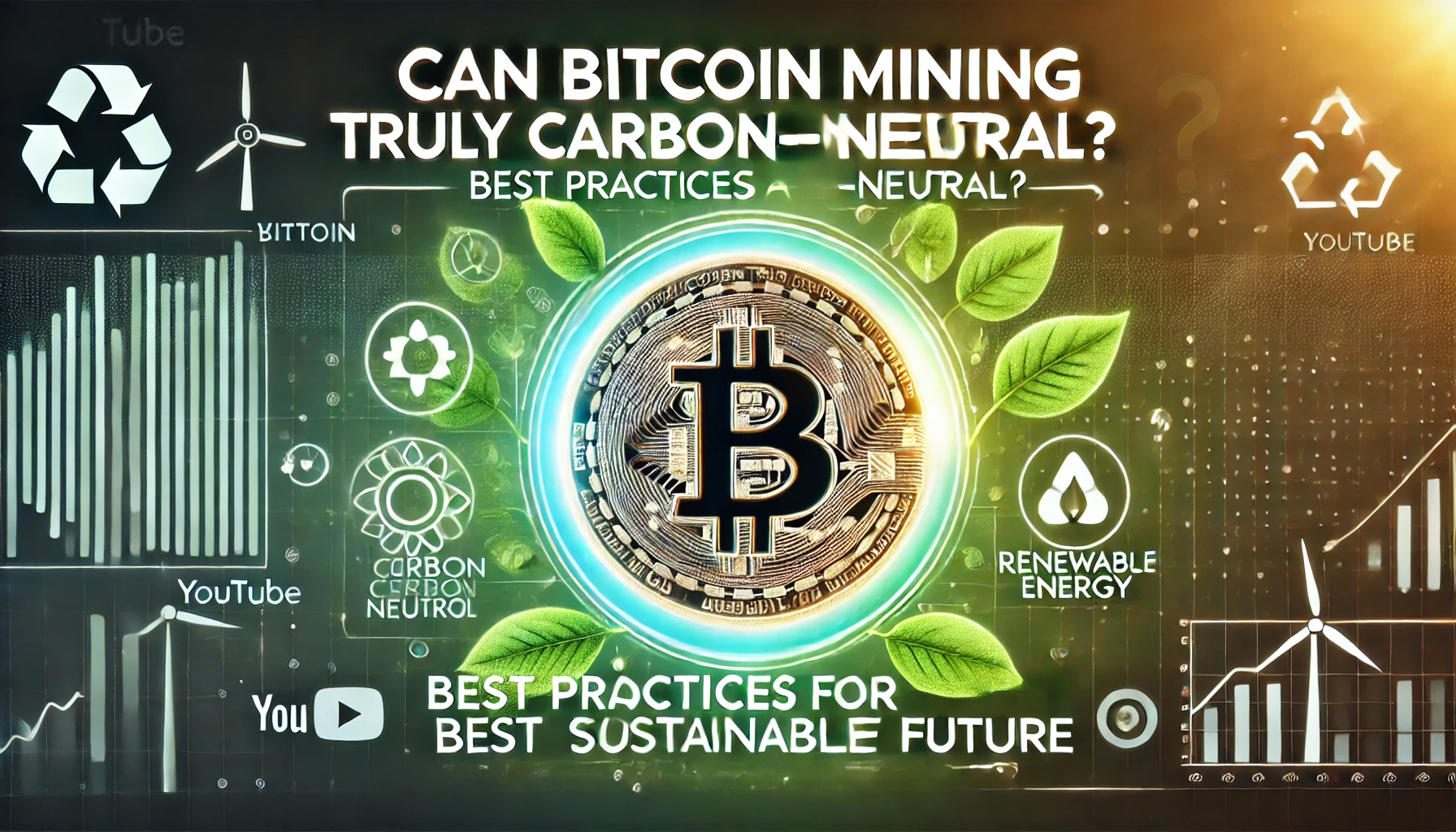
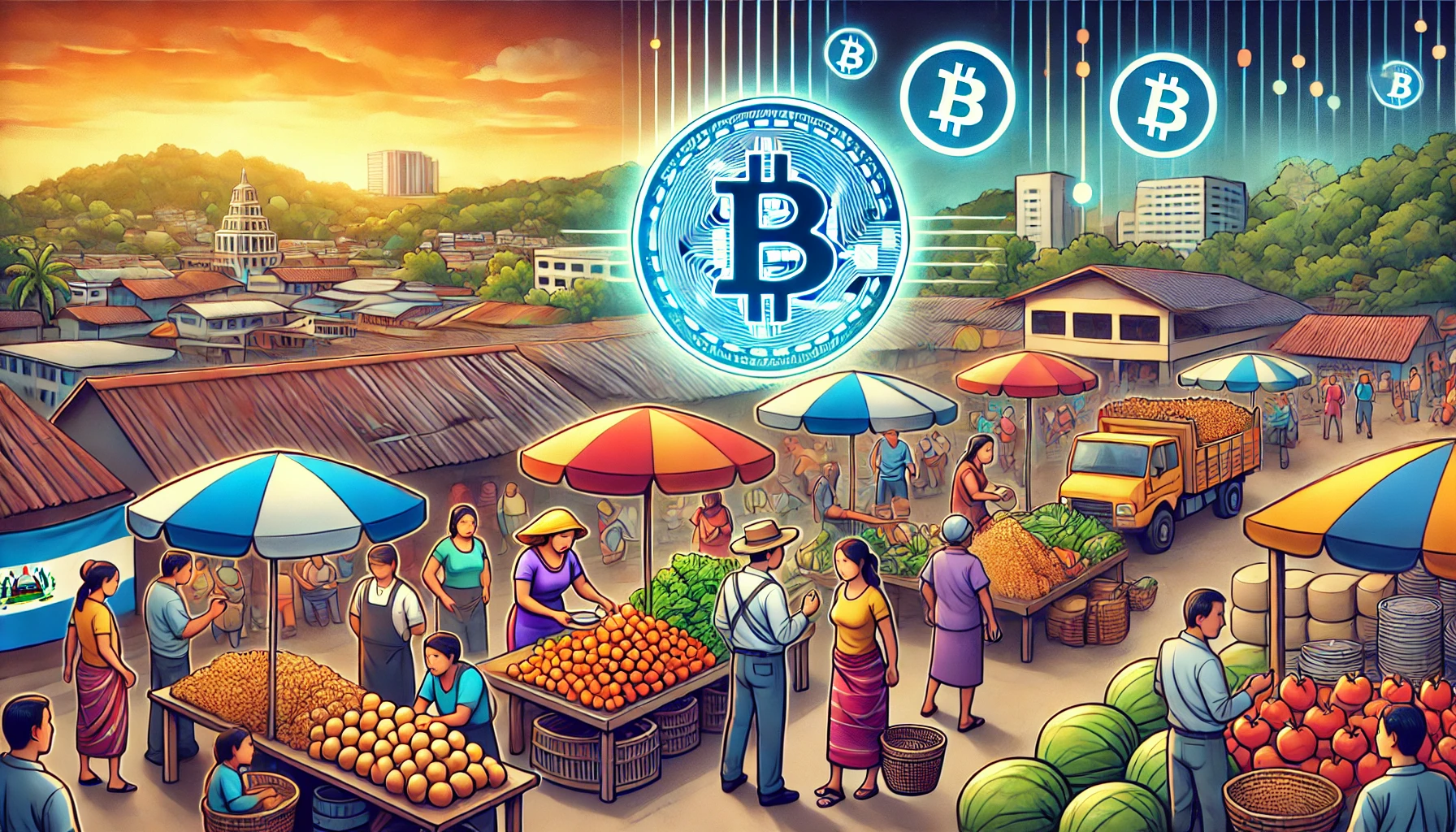
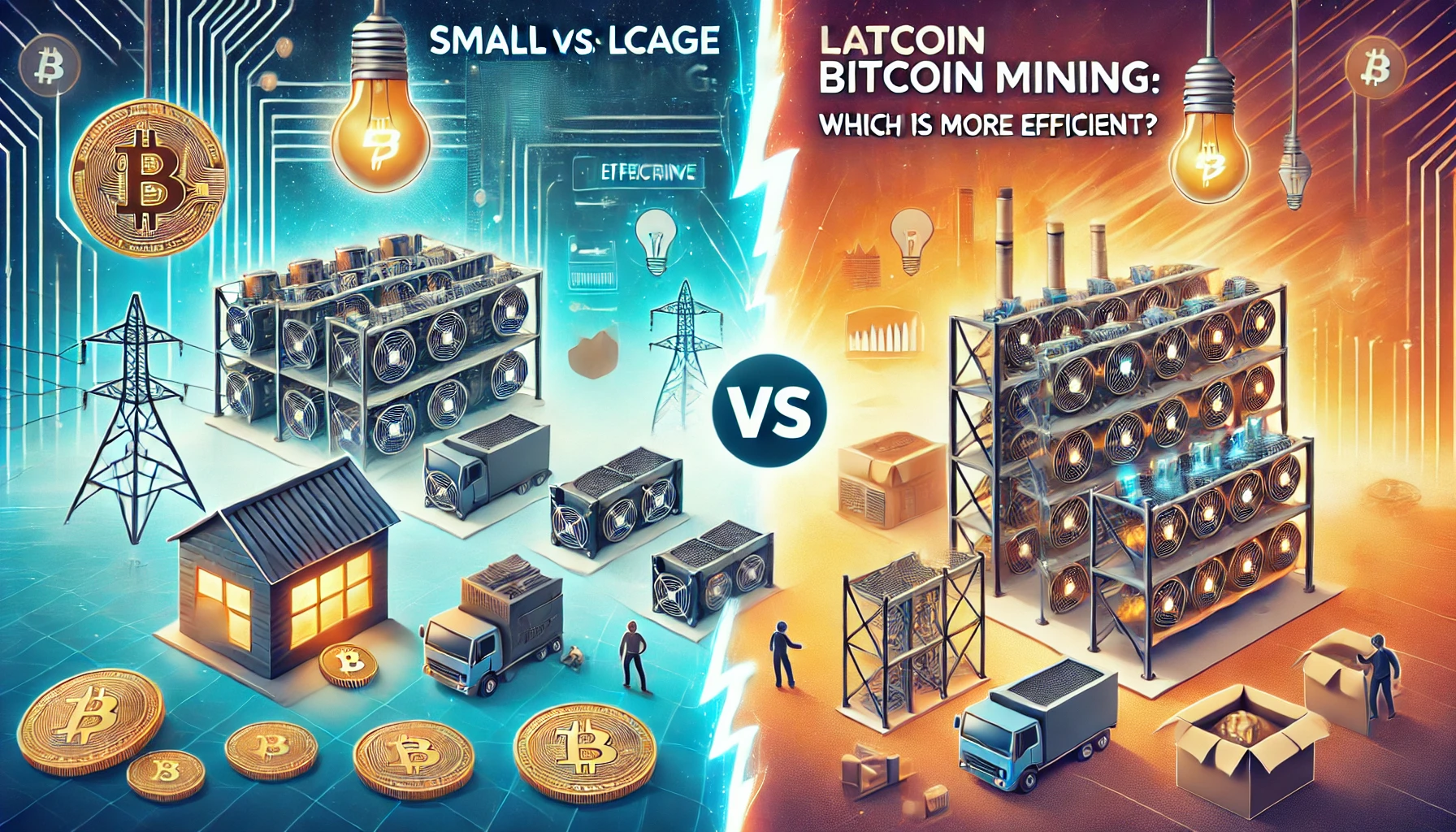
One Response
Your writing is a true testament to your expertise and dedication to your craft. I’m continually impressed by the depth of your knowledge and the clarity of your explanations. Keep up the phenomenal work!